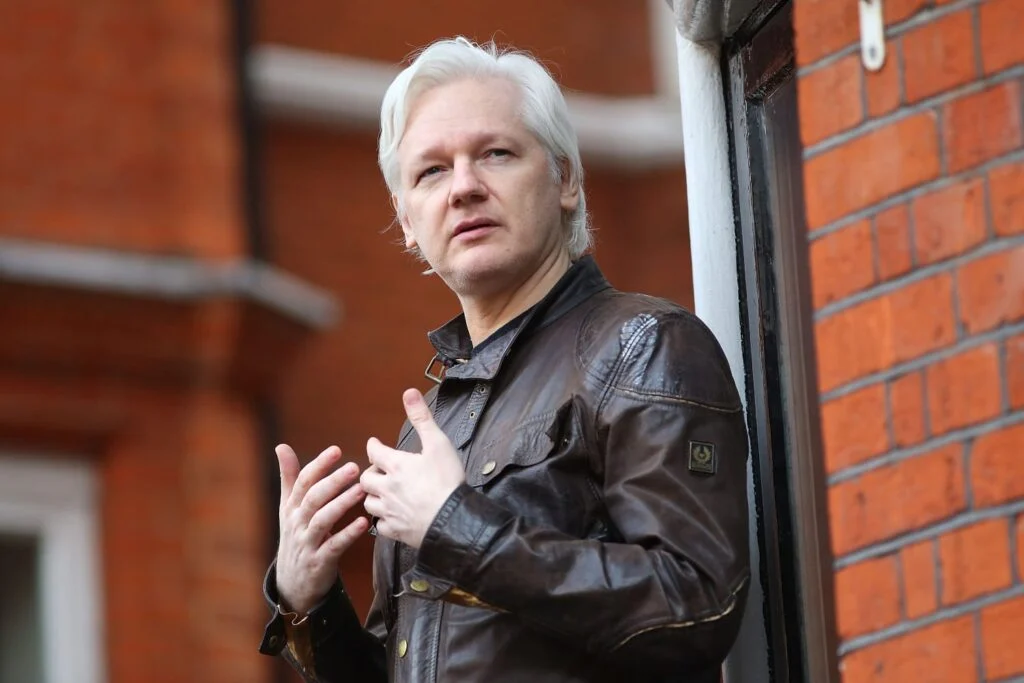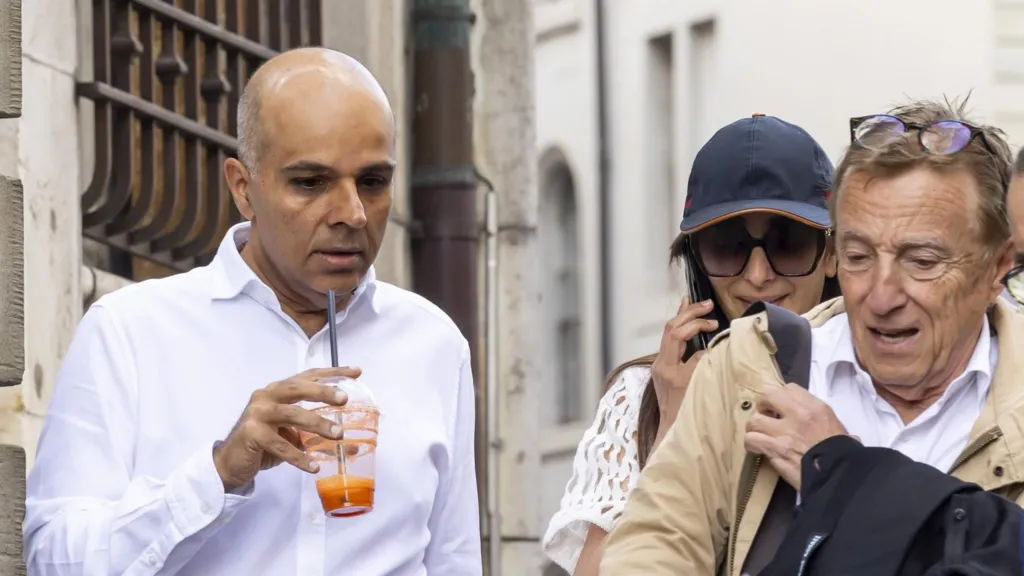Saudi Arabia authorities have said that more than 1,300 people died on this year’s Hajj pilgrimage – with “numerous cases” due to heat stress and “unauthorized” trips accounting for more than four out of five of the fatalities.
“The health system addressed numerous cases of heat stress this year, with some individuals still under care. Regrettably, the number of mortalities reached 1,301,” the Saudi government said in a statement as it released its first official figures.
The statement said 83% of those who died were “unauthorized to perform Hajj” and “walked long distances under direct sunlight, without adequate shelter or comfort.” There were “several elderly and chronically ill individuals” among the deceased, it said, adding that the families of all the dead had now been identified.
Extreme heat has been named as a main factor behind the hundreds of deaths and injuries reported this year during the Hajj. Mecca, the holy city that is central for Hajj pilgrims, saw temperatures soar to a record-setting 125 degrees Fahrenheit on Monday. Various authorities have also said the problems have been compounded by the number of unofficial pilgrimages.
Saudi Arabia requires each pilgrim to acquire one of the 1.8 million available licenses to legally access Mecca. These licenses can cost several thousand US dollars. Unlicensed pilgrims typically don’t travel in organized tour buses with air conditioning or easy access to water and food supplies.
The Saudi government also appeared to suggest the unauthorized nature of many of the trips had been a factor in how long it had taken to issue an official death toll as this had complicated the identification process.
“Identification completed, despite the initial lack of personal information or identification documents. Proper processes were followed for identification, burial, and honoring the deceased, with death certificates provided,” the statement said.
Some pilgrims have lamented the poor infrastructure and organization of this year’s Hajj. Even pilgrims on official tours spend the bulk of their day walking outdoors in the scorching heat.
Some witnesses have told CNN of how they saw worshipers losing consciousness and walked past bodies covered in white cloth.
The announcement from Saudi Arabia comes as the Egyptian government vowed to revoke the licenses of 16 Hajj tourism companies involved in making illegal pilgrimages to Mecca and refer the company’s managers to the public prosecutor amid fears hundreds of Egyptians are among the dead.
Egypt’s decision was made in a cabinet meeting on Saturday after a report highlighted the dubious nature of how some tourism companies operate.
The official toll among Egyptians stands at 31, but it is being reported by Reuters news agency and other outlets that as many as 500 to 600 Egyptians died during the pilgrimage.
The report, which was reviewed by cabinet, said some operators had not issued correct visas, so holders could not enter the holy city of Mecca and were instead forced to enter “through desert paths on foot.” It also accused some companies of failing to provide proper accommodation, leaving tourists exposed to the heat.
In the meeting, Egyptian Prime Minister Mostafa Madbouly offered his “sincere condolences and sympathy” to the families of the deceased pilgrims committing to providing them with the necessary support.
Hajj permits are allocated to countries on a quota system and Saudi Arabia requires each pilgrim to acquire one of the 1.8 million available licenses to legally access Mecca.
But as the cost of one of these licences costs several thousand US dollars, many pilgrims try to access the site illegally and typically don’t travel in organized tour buses with air conditioning or easy access to water and food supplies.
The timing of the Hajj is determined by the Islamic lunar calendar which this year has fallen during scorching temperatures in Saudi Arabia. Pilgrims made this year’s journey in extreme temperatures of up to 49 degrees Celsius (120 degrees Fahrenheit).
Ahmed, a 44-year-old from Indonesia, said he saw many people falling ill and even dying from the heat.
“Along the way home, I saw many pilgrims who died. Almost every few hundred meters, there was a body lying and covered with an ihrom [white fabric] cloth.”
“Every time there is a distribution of water from local residents or certain groups, it is immediately overrun by the pilgrims,” he added, saying that he didn’t see health workers or a single ambulance along the road.
As part of the pilgrimage, the faithful perform a series of rituals in and around the holy city of Mecca, often involving many hours of walking in the scorching heat every day.
The exact death toll for the total number of deaths in this year’s Hajj may still rise, as governments are only aware of pilgrims who have registered and travelled to Mecca as part of their country’s quota.

 News3 years ago
News3 years ago
 Entertainment2 years ago
Entertainment2 years ago
 Privacy3 years ago
Privacy3 years ago
 News3 years ago
News3 years ago
 Sports2 years ago
Sports2 years ago
 Entertainment3 years ago
Entertainment3 years ago
 Opinion3 years ago
Opinion3 years ago
 News3 years ago
News3 years ago





